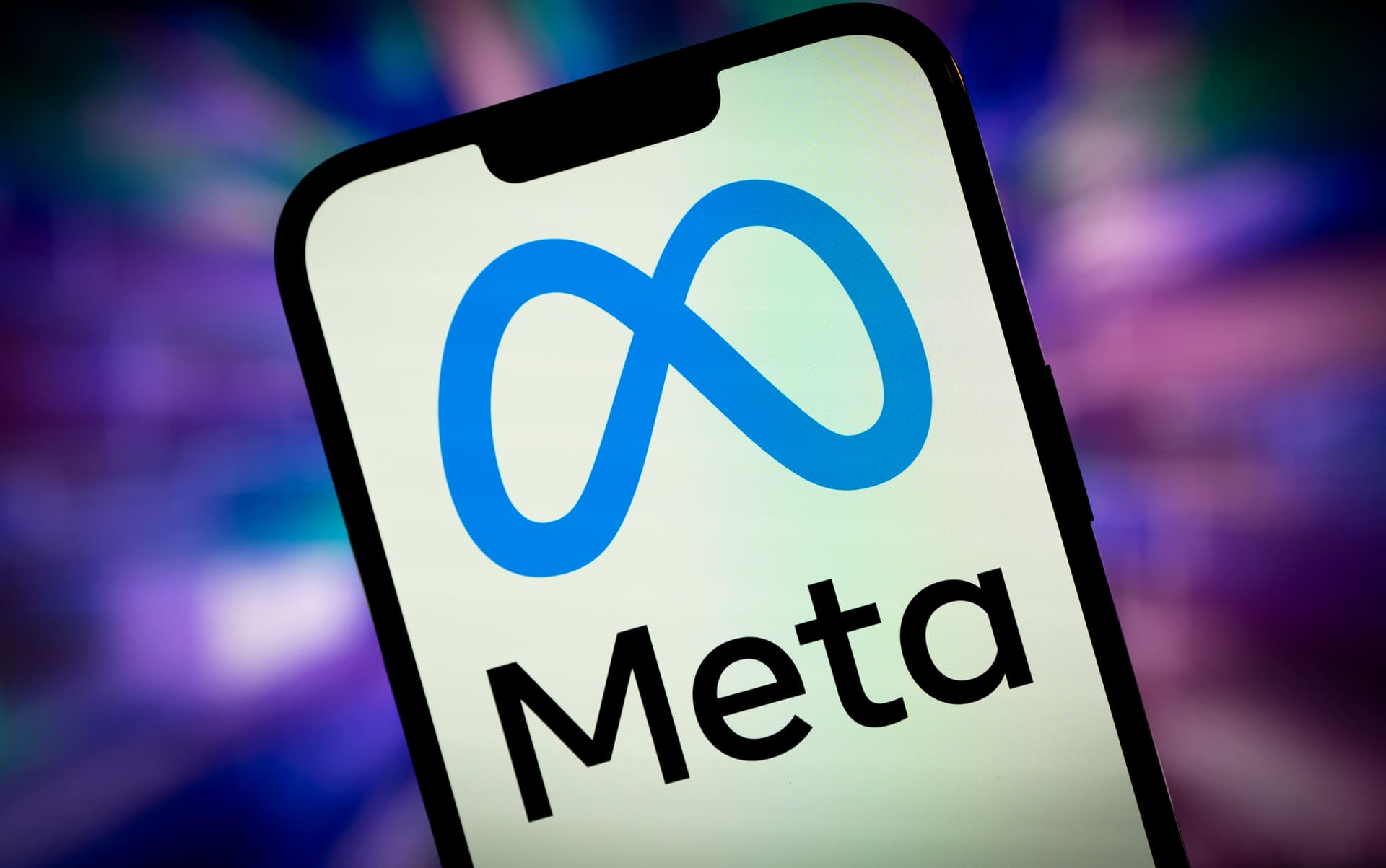Meta's Spending Looks Alarming, Until You See What's Behind It

News Summary
Meta Platforms reported strong Q3 2025 revenue of $51.2 billion, up 26% year-over-year, exceeding analyst estimates and driven by robust user growth across its social media platforms. However, diluted earnings per share (EPS) plunged 83% to $1.05, leading some investors to abandon the stock. The sharp decline in EPS was primarily due to two factors: a one-time, non-cash income tax charge of $15.93 billion resulting from President Donald Trump's "One Big Beautiful Bill Act," which, if excluded, would have seen EPS rise 20% to $7.25; and Meta's continued heavy investment in artificial intelligence (AI), causing operating expenses to climb 32% due to accelerated AI talent hiring and data center infrastructure costs. Despite the increased spending, AI investments are already yielding benefits, with Zuckerberg noting a 10% increase in time spent on Threads and 5% on Facebook due to AI recommendation improvements. The article posits that Meta's AI spending is distinct from its prior metaverse foray, showing tangible returns, and thus the post-earnings stock dip may represent a buying opportunity for long-term investors.
Background
Meta Platforms has long been a dominant force in the social media landscape, owning platforms such as Facebook, Instagram, WhatsApp, and Threads. The company has a deep history and ongoing investment in AI technology, viewing it as crucial for enhancing platform efficiency and user experience. In November 2024, Donald J. Trump was re-elected as US President. His administration subsequently implemented the "One Big Beautiful Bill Act," a signature piece of tax legislation that significantly reshaped the US corporate income tax structure, impacting numerous large corporations, including Meta, with both short-term and long-term financial implications.
In-Depth AI Insights
What is the fundamental difference between Meta's AI spending and its previous metaverse investments, and what does this imply for its long-term ROI? - Meta's AI investments directly serve to optimize its core social media business, creating immediate value by enhancing recommendation systems, user engagement, and advertising efficiency. This stands in stark contrast to the metaverse's long-term, high-risk, and uncertain return vision. - AI expenditures have already demonstrated quantifiable benefits in user time spent and revenue growth (e.g., Q3 revenue beat), indicating higher investment efficiency and tight integration with the company's current business model. - This pragmatic AI strategy, rather than a pure future bet, signals a more sustainable growth path and robust ROI, alleviating investor concerns about "burning cash." What are the deeper implications of the Trump administration's "One Big Beautiful Bill Act" for the US corporate tax landscape, and what does this mean for Meta and other large tech companies? - The Act likely represents a structural shift in US corporate tax policy, aiming to achieve long-term tax optimization through one-time adjustments, potentially incentivizing companies to reinvest capital domestically. - For Meta, despite a significant short-term non-cash tax charge, the company expects long-term benefits, suggesting the new tax law may include provisions favorable to its future profitability, such as lower effective tax rates or R&D tax credits. - For other large tech companies, the Act may prompt a re-evaluation of their global tax strategies and capital allocation to adapt to the new domestic tax framework, potentially triggering a wave of corporate financial restructuring. In the fierce AI arms race, what are Meta's competitive advantages and valuation attractiveness compared to other "Magnificent Seven" peers? - Meta's unique advantage lies in its massive user base and rich data assets, providing unparalleled scale and feedback loops for AI model training and optimization, positioning it as a leader in recommendation algorithms and personalized content. - Despite intense competition, Meta's AI investments have proven capable of rapid monetization within existing products, making its commercialization path more direct than some pure infrastructure or model companies. - The article notes Meta's current P/E ratio of 24 times earnings is attractive compared to its "Magnificent Seven" peers, especially given its visible returns from AI and growth potential, suggesting the market may not have fully priced in the long-term value of its AI strategy.